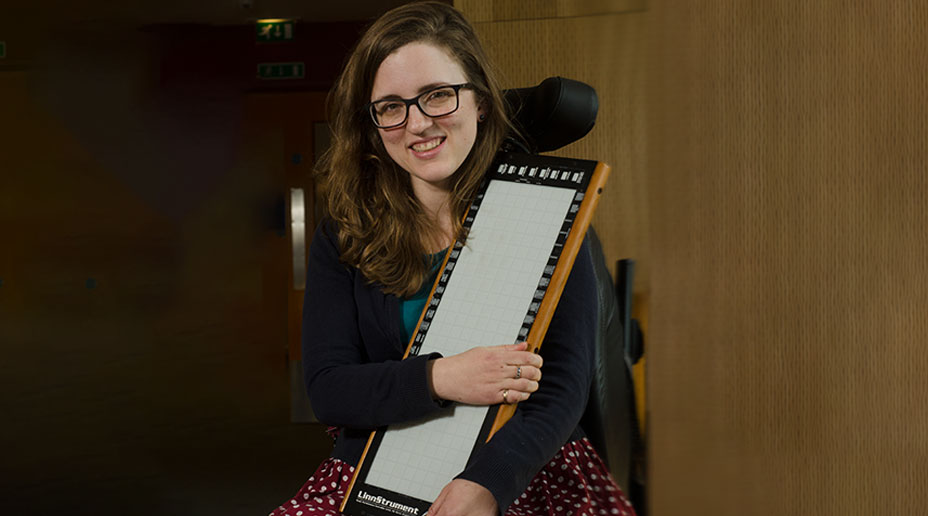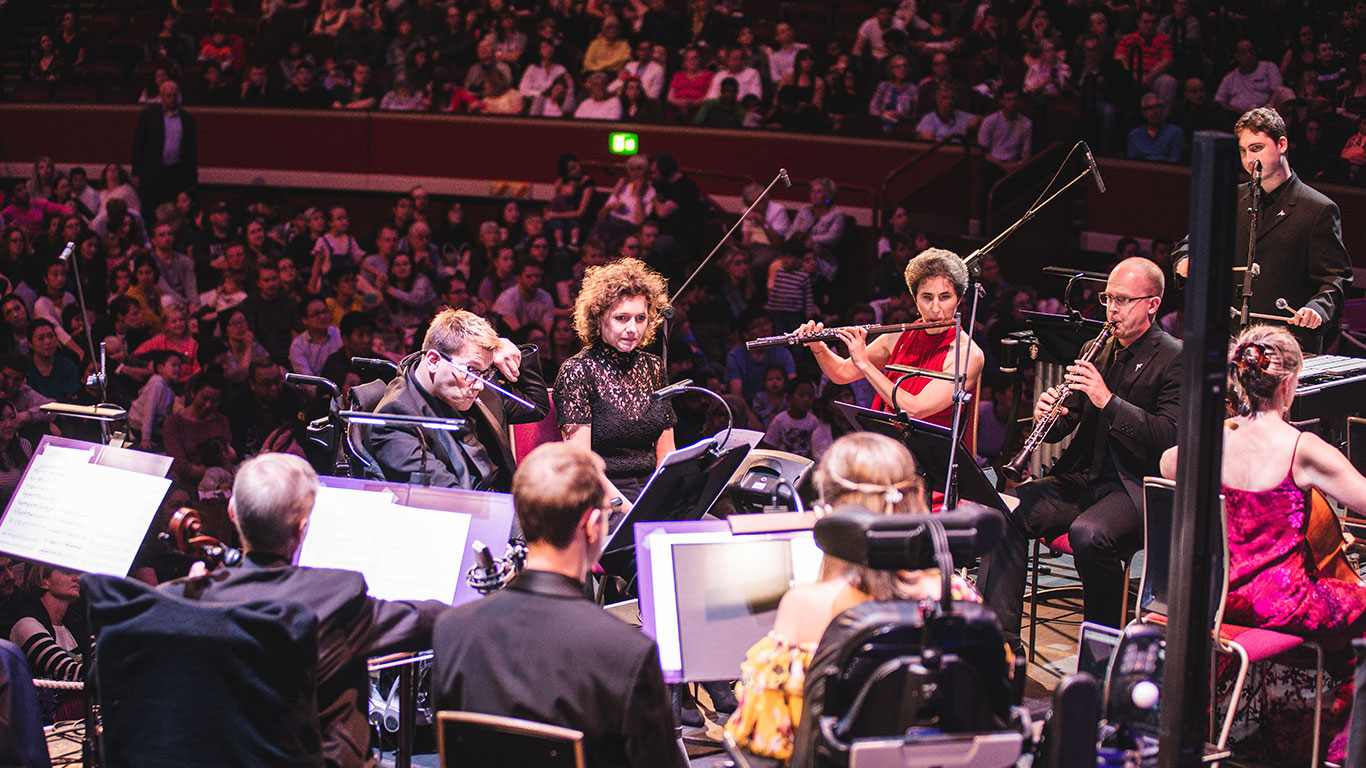
Could you tell us about how the Linnstrument works?
How did you come across the Linnstrument? How did you start learning?
How is the Linnstrument different (or similar) to other instruments?
How would someone go about learning to play the Linnstrument if they were interested?
Do you know many other musicians who play the Linnstrument? Would you like to see more musicians learning electronic instruments?
What impact are you hoping to have on the arts industry with your work in BSO Resound?
That's quite a complex question, but I think fundamentally it's about demonstrating that no matter what you play, you can play alongside other musicians. Whether you're disabled or non-disabled, you can all still produce the beautiful sound together. It's breaking down those barriers and perceptions and the institutionalised discrimination. Going back to the very basics, a lot of venues don't have wheelchair access to get on stage. But if they see people with physical impairments performing, they're more likely to include that in upgrades. It can have a rolling snowball effect in different directions.
Also, for younger musicians they need someone to look up to and relate to, and there aren't really many people around with physical disabilities who play classical music that are relatable. At the moment the portrayal of disabled people in the media is so narrow and there needs to be more variety and versatility in these depictions so that young people can recognise someone they can identify with, who might represent an aspiration for them. This is changing though. Recently another member of the ensemble told me that a young musician in NOYO already has the aspiration to join BSO Resound and that's great. They've identified with what they've seen represented and now they have a goal they're aiming for, that's so powerful. It's amazing that after only a year and half BSO Resound is already having this affect.
What does a typical day look like for you as a working musician?
What advice would you give to your younger self, as a developing musician?
How do you prepare for performances? Are there any specific exercises or rituals you do?
Are there any particular artists you're listening to at the moment? What do you like about their playing?
Find out more about BSO Resound.
